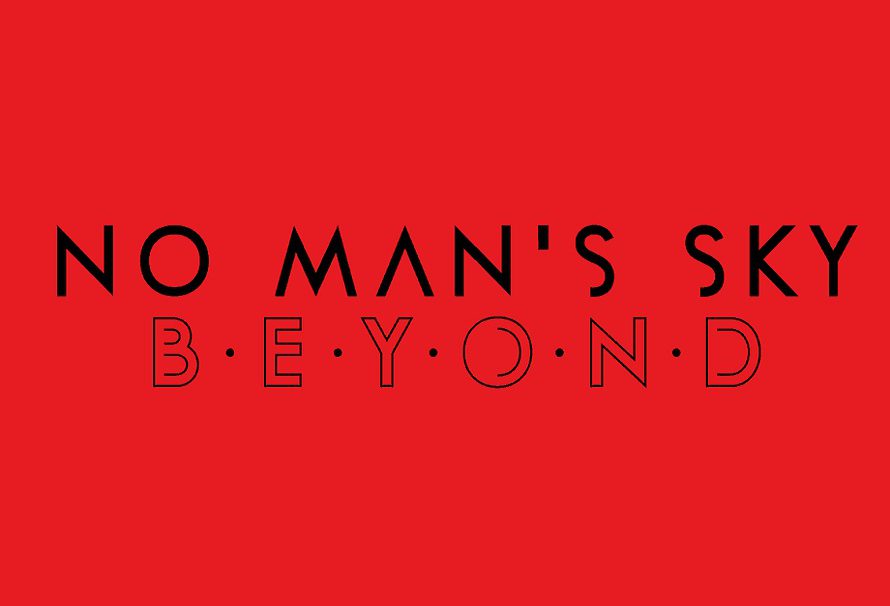As experimental lines of communication between developers and players have opened up over the past decade, results have varied wildly. Whilst it has enabled many a hate mob to air out their grievances with their purchased products to the people directly involved, it has also resulted in some pure moments of kindness, where fans have banded together to do something heartwarming for a change.
One that caught my eye recently was when frequenters of the No Man’s Sky subreddit purchased a billboard outside of the Hello Games’ office to say ‘thank you’ for the studio’s sustained support of the game over the years, the one they’ve stuck with through thick and thin. No Man’s Sky was quickly panned by many upon its release in 2016, and due to a number of undelivered promises, fans were quick to pull the pitchforks out when the procedural generation wasn’t everything *and* the kitchen sink like the marketing had promised.
Whilst this is part of a wider conversation about overblown player expectations and the hype machine that plagues the games industry, it got me thinking about this most recent trend of launch redemption. Specifically, where a developer launches a game in a fairly rudimentary or unfinished state, only for it to be panned and widely criticised, but later loved, many updates down the line thanks to a keen eye on the community metrics.
There are plenty of examples to talk about: Destiny is a phenom now, Rainbow Six: Siege has become a gigantic esport, Sea of Thieves is closer to its original vision and hell, even Fallout 76 to a certain extent has seen a resurgence as fans come to terms with the lot they’ve been given and latch on to the nuggets of joy. It speaks to the difficulty in creating any modern video game that some players will stick around even if it isn’t what they wanted by making their own fun in the community, by prodding the social boundaries of the world that’s been created, like starting community interior design contests or going so far as to establish their own lore to imbue the world with some much-needed life.

Interestingly enough though, there is a hypocrisy here. It seems like players will tend to look beyond the spit and polish of a game if it isn’t funnelled through an aggressive marketing machine like those mentioned above. PlayerUnknown’s Battlegrounds was a scrappy little pup when it launched out of nowhere to little fanfare. There were no expectations, which played right into Bluehole’s hands. The game was mired with bugs and was grossly unoptimized to the annoyance of many frame-counting players. Yet it had one impossible to ignore kernel of genius — the battle royale — which kept people playing, and has since been iterated upon and given a classy veneer, redeemed by a suite of developers keen to get in on the action, regardless of the toll of the quick rush to market (here’s looking at you, Fortnite.)
When an indie or a quote en-quote underdog pushes out something scrappy and endeavours to fix it, they’re given a pat on the back and legions of support.

On the flip side, if a AAA game has a magnificent marketing machine that promises too much, people don’t tend to think twice about getting angry with the developers who are endeavouring to remedy the false promises. Which is why I think this recent trend of ‘launch redemption’ is a good thing. Maybe the launch didn’t go as planned, but No Man’s Sky’s big ‘Beyond’ update launched this week, and it’s safe to say that many have been dragged back in by new features like VR.
It’s been fleshed out, each part reinvented, Ship of Theseus style, with a careful lens put on what the community has been focusing on over the past three years, whilst they’ve been waiting for the next set of patch notes. Everybody loves a hero’s journey, so it’s nice to see that players are bonding over and warming to titles that are so quickly cast aside, with the developers working in tandem to shape their ideas into a late-blooming success.

